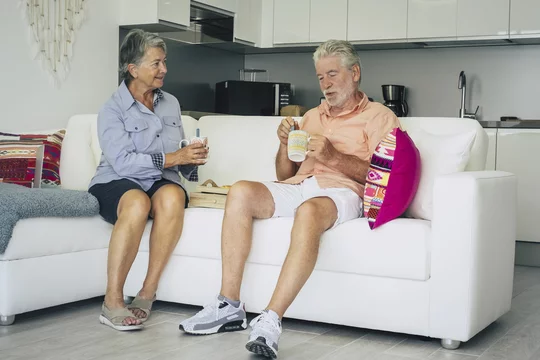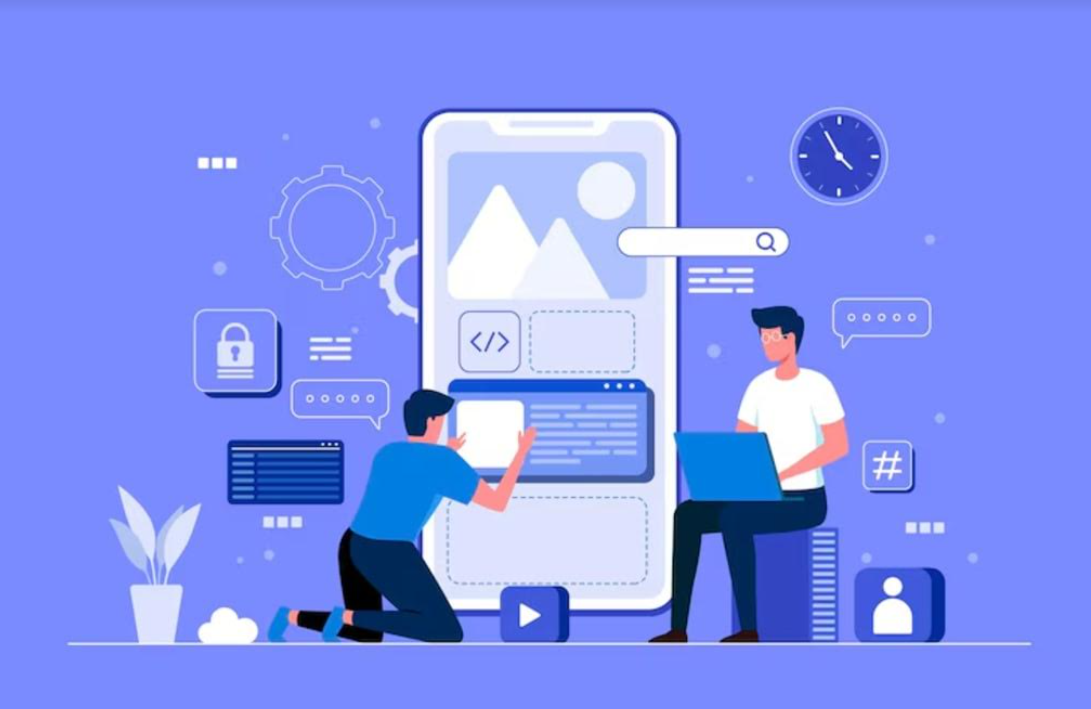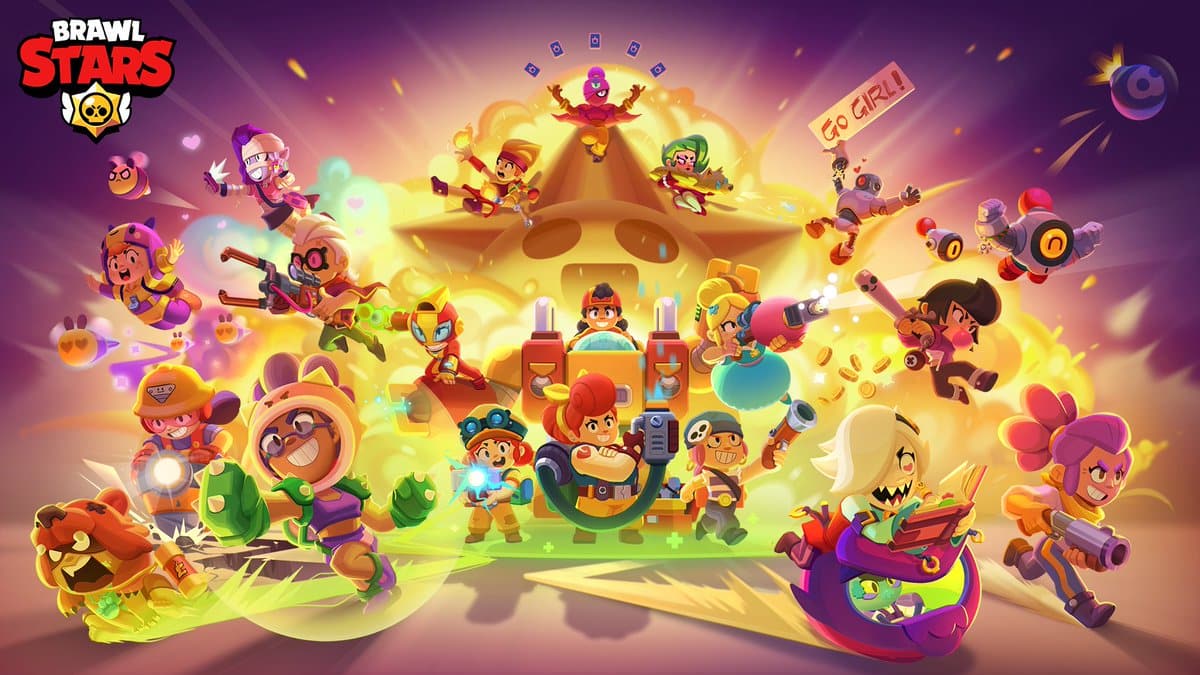In 2000, David Hastings moved to Tampa Bay, FL, to teach environmental science. Over the years, he’s become increasingly concerned and dismayed over plastics contaminating Florida’s waterways and ocean.
Table of Contents
The Plastics Problem
A report from Oceana has revealed that Florida has more instances of marine life being harmed by plastics than any other state. The report discovered that since 2009, there have been 1,800 instances of ocean life being harmed by plastics. To make matters worse, 88% of these species are endangered or threatened.
When plastics break down in the ocean, they create microplastics. These particles can easily be then ingested by marine life. In 2019, research revealed that Tampa Bay has 4 billion microplastic particles in the water and another three trillion in the seafloor of the bay.
These plastic particles are not limited to the ocean. They are also found in the Everglades, in rivers, and other protected areas.
Florida’s Plastic “Ban Ban”
With all the evidence that plastics are causing harm to Florida’s waters, you might expect the government to take steps to remedy the problem. Unfortunately, the opposite is true, according to David Hastings.
In 2008, Florida’s governor issued a preemptive ban on single-use plastics. This means city and county governments are banned from limiting or banning single-use plastics.
Why the state of Florida took this stand is unclear; some belief that . Over the years, there have been many attempts to pass a law that would remove the ban, but none have succeeded.
Surveys have revealed that 93% of Florida residents and 97% of local government officials support regulating single-use plastics in the state. Unfortunately, only 25% of manufacturers surveyed support these regulations.
What Residents Can Do to Help
The good news is, Floridians can take action, David Hastings explains. It’s easy to feel like one person can’t make a difference. However, every piece of plastic that doesn’t end up in Florida’s waterways is a win. If enough people work to reduce their plastic use, the problem will become much smaller.
Reduce Your Plastic Use
Single-use plastics are plastic items that are used once and then thrown away. They include plastic bags, water bottles, straws, utensils, take-out containers, and product packaging.
Using reusable grocery bags, avoiding straws when eating out, and bringing your reusable water bottle is a good start.
Speak to Your Legislature
You should also speak to your representatives, including city and state officials. Supporting national and international efforts to reduce plastic use is also essential.
Recycle
When you can’t avoid encountering single-use plastics, making sure they are disposed of properly will help. If it’s a plastic bottle with a cap, it can be recycled in most communities. This reduces the amount of new plastic material created and prevents plastic waste from ending in landfills and waterways. Currently, less than 10% of plastics used around the world are recycled.
David Hastings
David Hastings is a marine geochemist and chemical oceanographer. His research includes studying ocean sediments to determine past climate changes and microplastics in the ocean. He has recently retired from teaching, and now he devotes his efforts to mitigating the effects of climate change in Florida.











